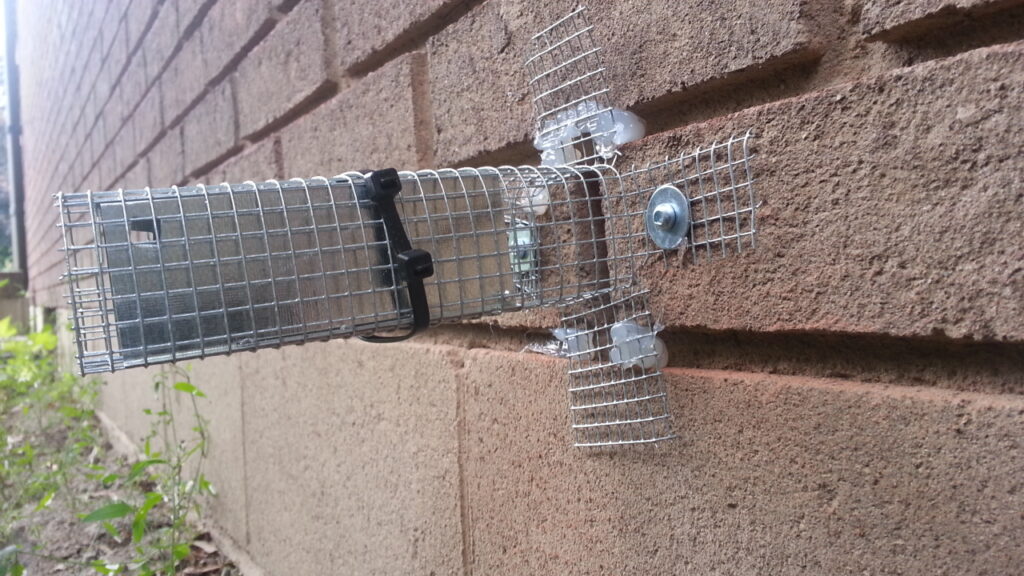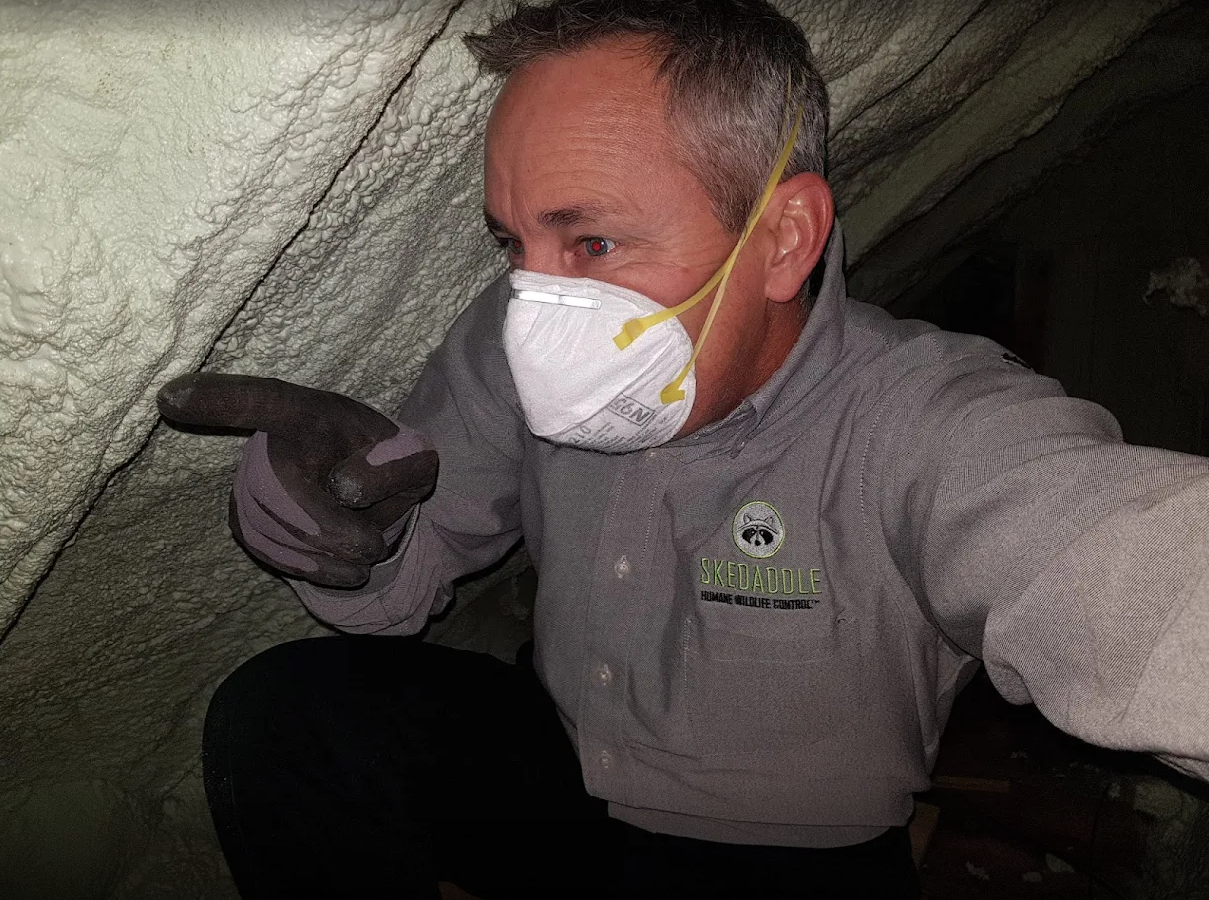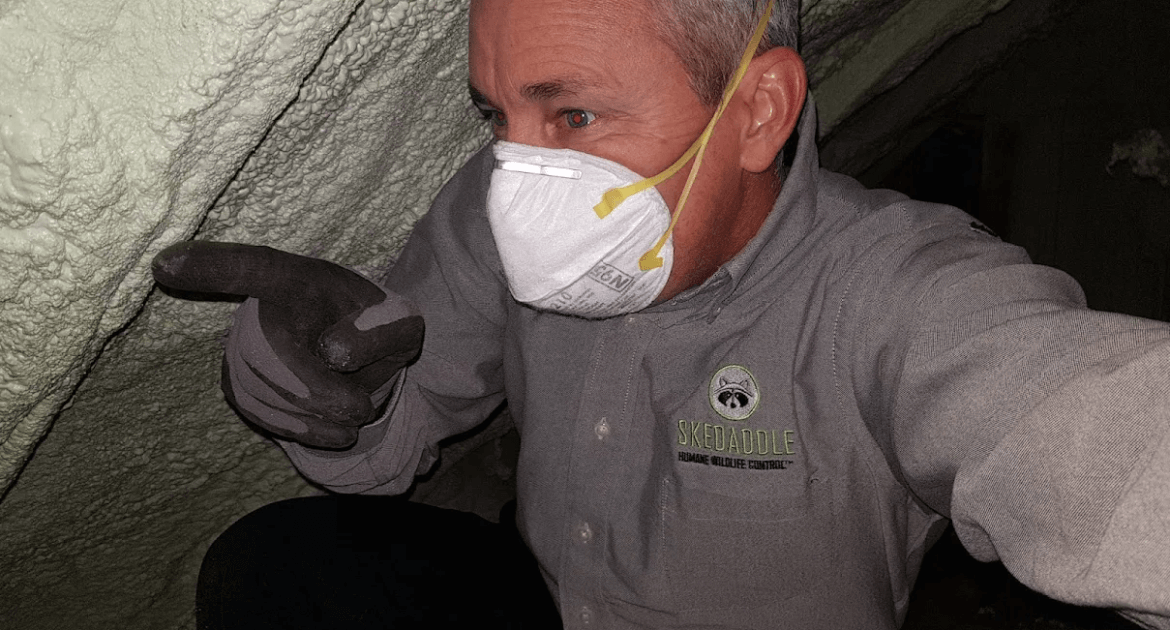Rodents are not usually aggressive to humans, but because they often carry contagious diseases, having mice in your home can be dangerous. Mice enter houses for a wide variety of reasons, and because they multiply extraordinarily quickly, it is essential to take immediate action if you think there is a rodent in your house. Mice are nocturnal, so they are usually most active at night. They are also shy and try to avoid interactions with humans, making it harder to identify their presence. Here are three clues that there is a mouse living in your attic.
1. Noises
Mice may not be loud creatures, but they still create distinctive noises that will warn you of their presence. The most common indicator of mice in your attic is hearing sounds at night. You may hear the rodents scurrying around upstairs, and you may also hear them rustling through your walls. The sound may be faint, but it is distinctive.
Mice gnaw on various materials to sharpen their teeth like all rodents, so it isn’t uncommon to hear the creatures chewing on wood or metal after you go to sleep. Rodents are nocturnal, and this means they are most active at night. You are much more likely to hear noises within your walls once the sun sets. If you start to hear any type of odd noise in your walls, it is likely that a mouse has taken up residence in your home.
2. Smells
Mouse urine has a distinctive ammonia-like odour. If you have even a single mouse in your home, you will likely smell the sharp, pungent odour in the enclosed spaces. The smell will likely be stronger in areas you do not frequent often, such as your basement, attic or kitchen cabinets.
3. Marks
Mice are notorious for gnawing on various materials, so if you see teeth marks on your baseboards or cabinets, you probably have a mouse as a roommate. You may also start to see discoloration on your flooring and staining around the baseboards. These stains come from rat urine. You probably won’t see them in the middle of an open room, so study areas close to walls and baseboards to find signs of mice.
What To Do If You Have Mice in Your Attic
You are wrong if you think that a single mouse in your home does not pose a real threat. It’s true that a single rodent can’t cause much damage, but mice multiply more quickly than most other creatures. A single female can give birth up to five times a year to liters of as many as 12 kits. The kits mature within 45 days and can start breeding, meaning that you could have a full-blown infestation in just a few weeks.
Making your attic less hospitable to rodents often deters them from taking up residence. Spend time decluttering to give rodents fewer places to nest, and make sure you keep food stored properly. Seal up any holes in your home’s exterior to prevent entry. Unfortunately, mice sometimes move in despite your best efforts to prevent it. If you have a mouse in your attic, contact a professional for removal. A mouse control expert can spray chemicals around your house that deter rodents so you don’t have the same problem in the future.
Call Us Today

Skedaddle Humane Wildlife Control is ready to help when you have mice in the attic. You don’t want to live with a mouse infestation, and contacting a professional for help is the best way to get rid of a single mouse before it turns into a bigger problem. Call us today to discuss your situation and make an appointment for mice removal.




